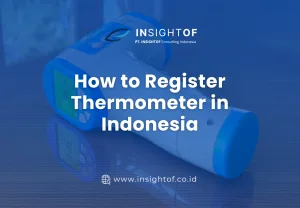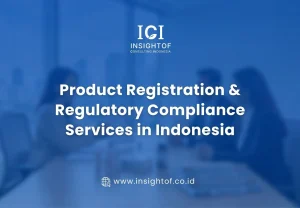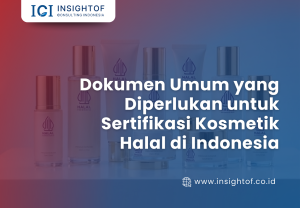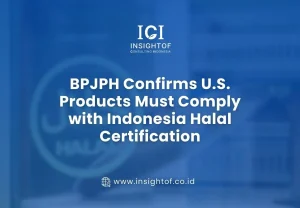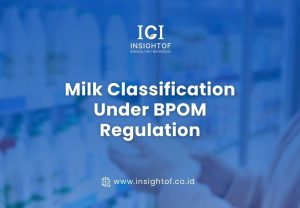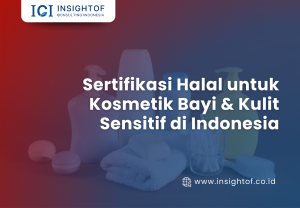Overview
Indonesia, as the world’s largest Muslim-majority country, has made halal product assurance a national priority. This includes medical devices — both imported and locally manufactured. Understanding halal regulations for medical devices in Indonesia is crucial for importers, manufacturers, and distributors, who must grasp the halal certification obligations, implementation timelines, and exemptions to ensure smooth market entry.
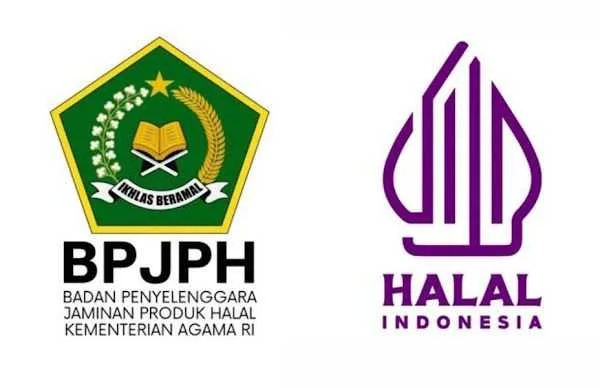
Legal Basis for Halal Certification in Medical Devices
The key regulations governing halal requirements include:
- Law No. 33/2014 on Halal Product Assurance
- Government Regulation (GR) No. 39/2021
- Minister of Religious Affairs (MORA) Regulation No. 26/2019
- Presidential Regulation No. 6/2023 on Halal Certification of Medicines, Biological Products, and Medical Devices
Core Provisions
- Halal Certification Requirement
All products imported, distributed, and traded in Indonesia must be halal certified, including medical devices (Article 4 of Law 33/2014). - Animal-Derived Ingredients Trigger Certification
Products containing animal-derived materials must obtain halal certification (Article 138 of GR 39/2021). - Exemption for Non-Halal Products
Products made entirely from non-halal materials are excluded from halal certification but must be labeled accordingly (Article 27 of MORA 26/2019). - Labeling for Non-Halal Products
Non-halal medical devices can be marketed if labeled clearly:- Bahan Tidak Halal – contains non-halal materials
- Proses Belum Halal – halal ingredients but production process does not meet halal standards
- Recognition of Foreign Halal Certificates
Certificates from foreign halal bodies may be recognized if a mutual recognition agreement is in place (Article 128 of MORA 26/2019).

Halal Certification Implementation Timeline for Medical Devices
The halal certification requirement for medical devices will be rolled out in stages:
| Class | Implementation Date |
|---|---|
| Class A | 17 October 2026 |
| Class B | 17 October 2029 |
| Class C | 17 October 2034 |
| Class D | Not yet determined |
Indonesia’s Growing Medical Device Market
According to the U.S. Department of Commerce and Indonesia’s Ministry of Health:
- By 2025, 12.5% of Indonesia’s population will be aged 65+, a 45% increase from 2015.
- Non-communicable diseases such as stroke, heart disease, and diabetes are on the rise, driving demand for medical devices.
- Indonesia’s BPJS-Kesehatan public health insurance program now covers 258.2 million people (90.34% of the population), boosting nationwide healthcare access.
- Despite Local Content Requirements (TKDN) and tariffs, Indonesia remains dependent on imported high-tech medical devices.
- Import Restrictions: Used or refurbished medical devices are prohibited. Medical devices are subject to 5–30% import tax plus 10% VAT.
- Market Entry: 100% foreign ownership is now allowed for medical device import and regulatory approval companies (Presidential Regulation No. 10/2021).
Compliance & Market Entry Tips
- Identify Halal Certification Obligations early in your product registration process.
- Work with accredited foreign halal bodies if applicable, to streamline certification.
- Plan labeling strategies for non-halal products to avoid customs delays.
- Engage local distributors familiar with halal compliance and e-Katalog procurement.
- Monitor TKDN policies to ensure government procurement eligibility.
How INSIGHTOF Consulting Indonesia Can Help
At INSIGHTOF Consulting Indonesia, we specialize in guiding both local and foreign companies through the entire medical device registration process.

Our services include:
- IDAK license application
- CDAKB Certification
- Product classification assistance
- Document preparation and translation
- Regalkes submission and follow-up until approval
With our in-depth understanding of Indonesian regulatory requirements and strong relationships with authorities, we help clients register their medical devices quickly, accurately, and compliantly.
Do you need assistance registering your product in Indonesia?
Contact us today to start your registration process.
Conclusion
Indonesia’s halal regulations for medical devices are reshaping the import and distribution landscape. With staged implementation until 2034, businesses have time to prepare — but early compliance will secure market advantage. Given Indonesia’s expanding healthcare sector and reliance on advanced medical devices, understanding halal requirements is not just regulatory housekeeping — it’s a strategic necessity.
Sources:
- Ministry of Health (Kementerian Kesehatan RI)
- Ministry of Religious Affairs (MORA) Regulation No. 26/2019
- Government Regulation (GR) No. 39/2021
- Law No. 33/2014 on Halal Product Assurance
- Presidential Regulation No. 6/2023
- U.S. Department of Commerce – trade.gov
- Indonesian Statistics Bureau (BPS)
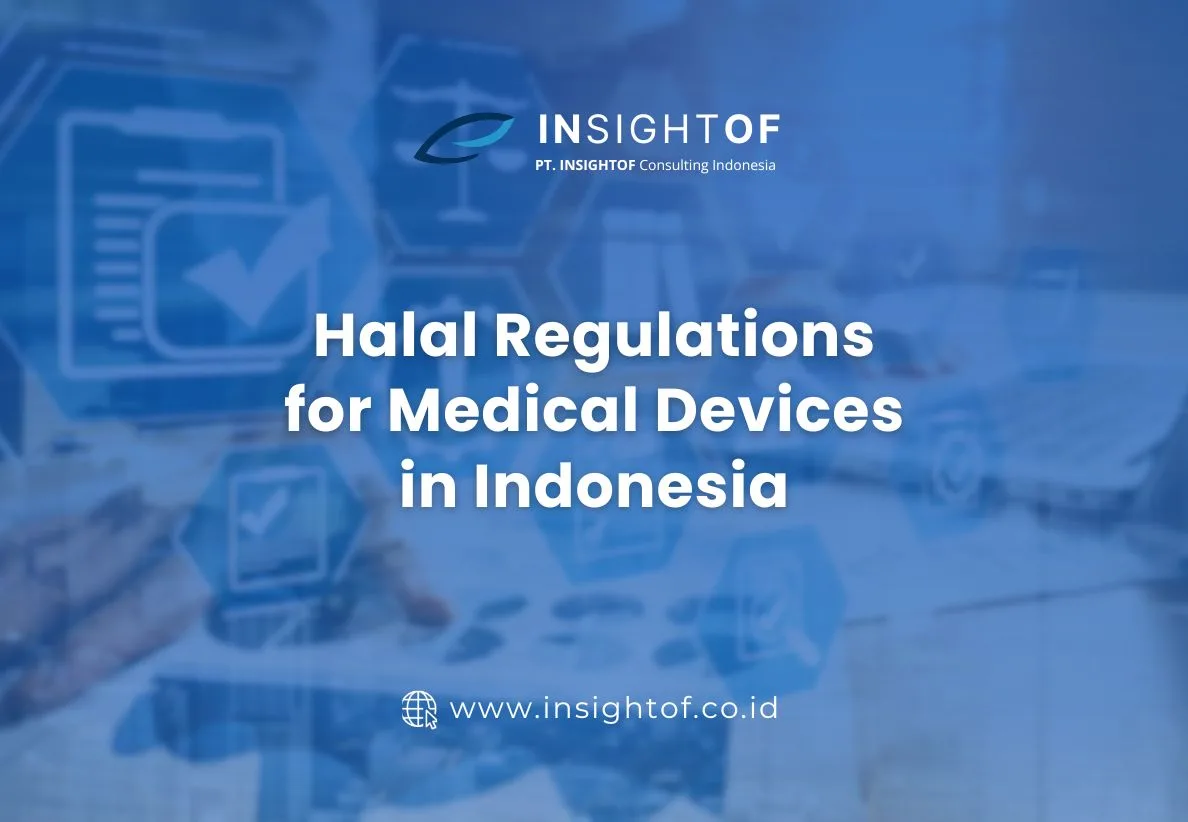


.svg/240px-YouTube_social_red_squircle_(2017).svg.png)

